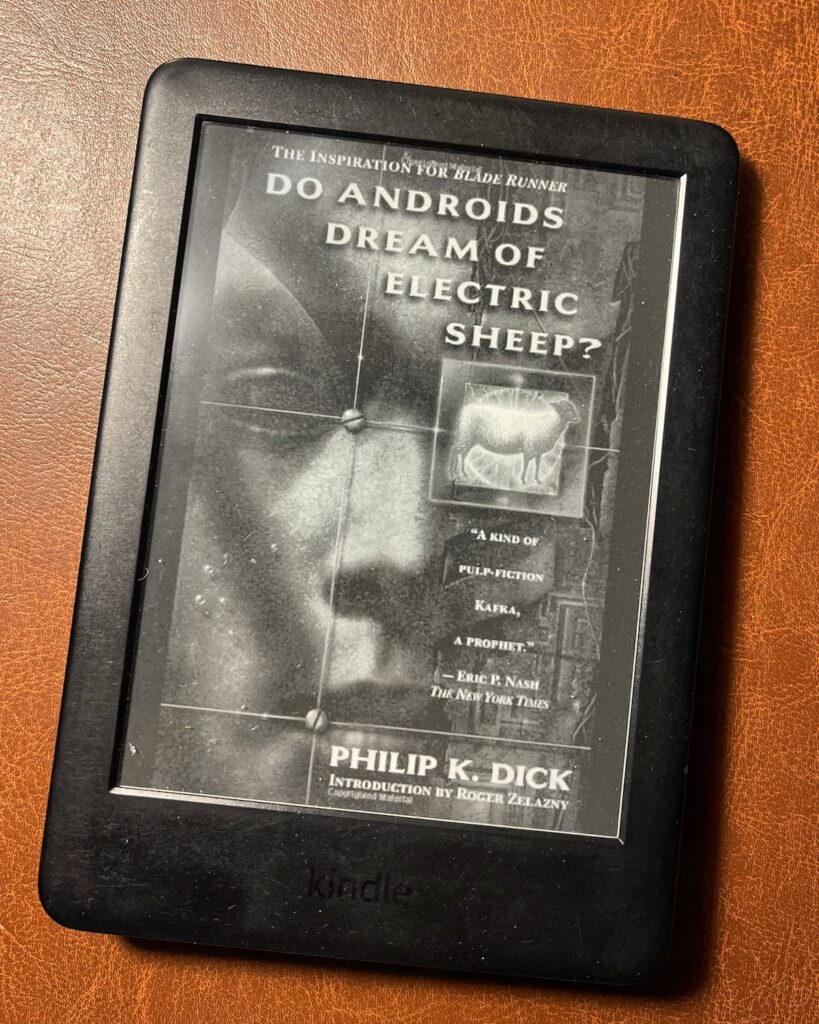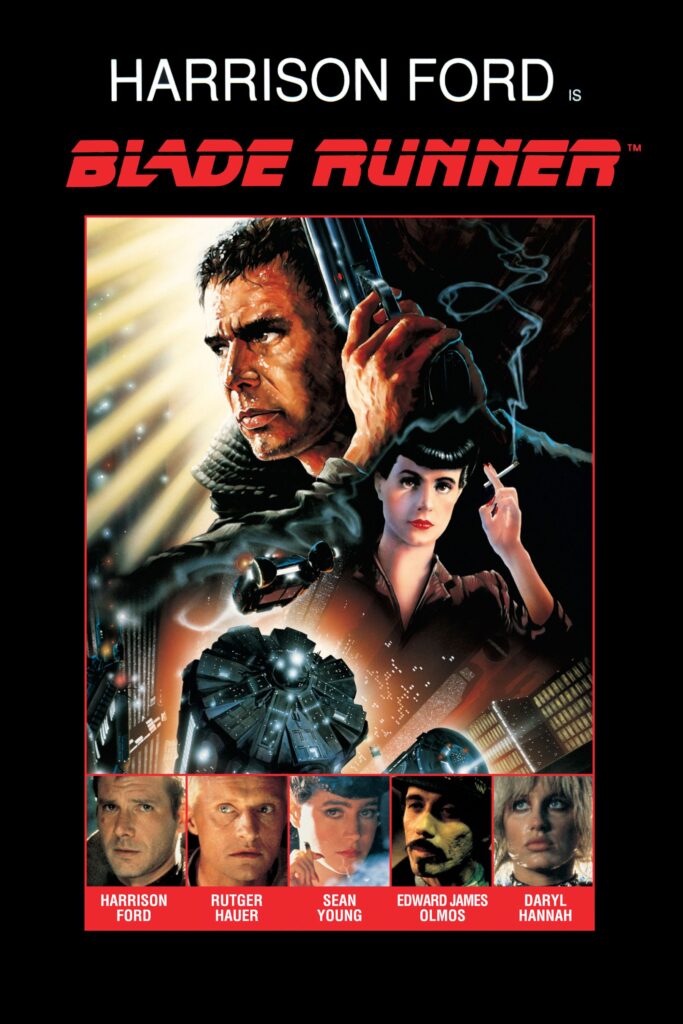
Rereading Do Androids Dream of Electric Sheep? after years feels like stepping into a familiar yet altered dream. The world Philip K. Dick envisioned—bleak, desolate, drained of life—hits differently now. Maybe because AI has arrived, or maybe because it hasn’t—not in the way we imagined. And yet, its presence lingers, an inevitable force reshaping the boundaries of what we consider human.
I remember my first encounter with this book, fascinated by its questions about empathy, identity, and artificial intelligence. Back then, AI was a distant concept—more science fiction than reality. But now, with machine learning models mimicking human speech, art, and even emotion, Dick’s unsettling vision feels closer. The question is no longer whether AI will blur the lines between human and machine. It already has. The real question is: what happens when we stop noticing the difference?
Reading the novel now, it feels messier, sadder, more philosophical. It lingers in the discomfort of existence rather than the spectacle of technology. Unlike Blade Runner, which distilled its themes into something sleek, aesthetic, and undeniably cool (helped, of course, by Harrison Ford’s weary presence and Rutger Hauer’s haunting monologues), the book leaves you stranded in existential dread. What does it mean to be human when the things we create begin to mirror us so well? When androids—or their real-world counterparts, AI systems—start to exhibit emotions, compose poetry, or even claim to dream, do we still see them as machines? Or do we start seeing ourselves in them?
These questions don’t feel theoretical anymore. AI is moving faster than we can process, creeping into art, literature, decision-making, and even companionship ( hello gemini!) . We thought automation would only affect labour-intensive jobs, but now, writers, artists, and even philosophers are forced to grapple with their own obsolescence (hopefully not extinction). We like to believe there’s something ineffable about human creativity, something uniquely ours—but if AI-generated stories can make us feel something, does that distinction still hold? Or are we just androids who believe in the illusion of our own authenticity?
Dick’s world of empathy tests and Voight-Kampff machines feels eerily prophetic. We are on the cusp of an era where proving one’s humanity might require more than just being born human. Maybe the test won’t be in our capacity for reason, but in our ability to care, to feel, to connect in ways that AI never can. Or maybe—and this is the real horror—AI will learn to fake even that.
Both the novel and the movie remain essential, just through different lenses. One forces you to sit with your discomfort; the other invites you to marvel at the spectacle of it all. But in 2025, as AI begins its slow but inevitable takeover, I find myself more drawn to the novel’s quiet despair. Because, unlike in Blade Runner, there are no neon-lit cityscapes or cyberpunk aesthetics to make this transition feel cool. Just the creeping realization that AI is going to upend our lives sooner than we think—and we may not even notice when it does.


Leave a Reply